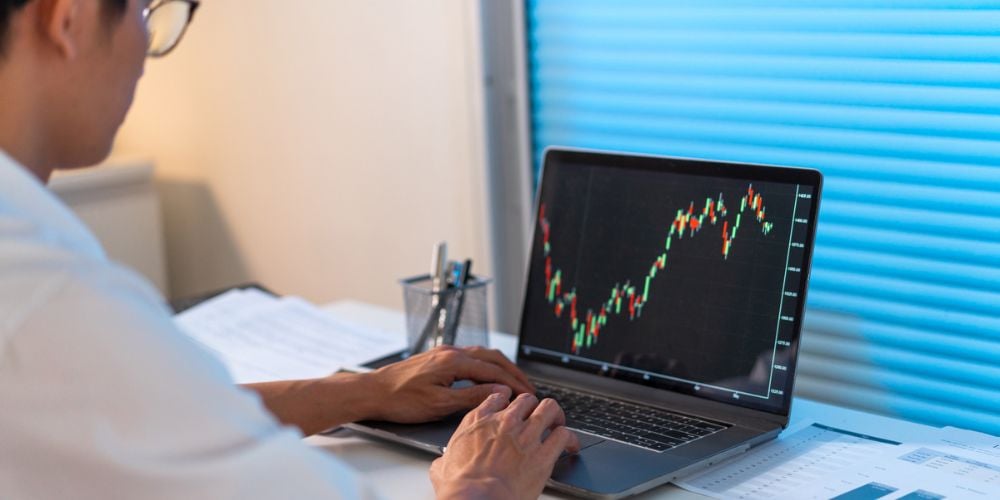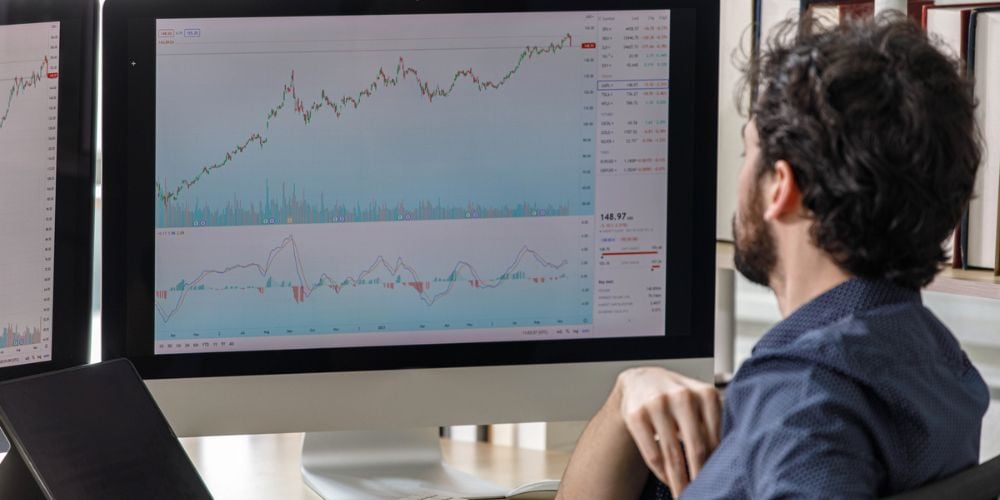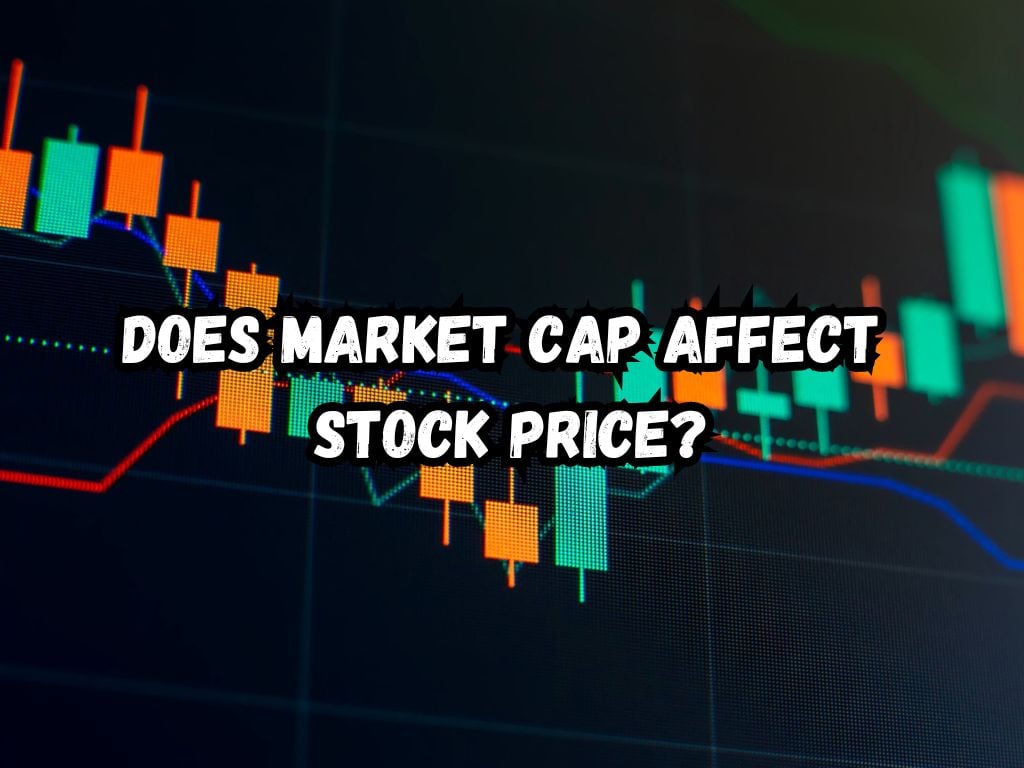When it comes to understanding the financial strength and market influence of a company, market capitalization, commonly referred to as market cap, is a critical metric. This term represents the total market value of a company’s outstanding shares of stock.
It is calculated simply by multiplying the current stock price by the total number of outstanding shares. While straightforward, the relationship between market cap and stock price is often misunderstood. So, does market cap affect stock price?
The crucial detail to grasp is that although market cap is intrinsically linked to stock price, it does not directly influence it. This article demystifies the relationship between these two important indicators.
Understanding Market Capitalization
Market capitalization is a measurement of corporate or economic size that equals the stock price times the number of outstanding shares.
Investors and analysts use market cap to gauge a company’s size, as opposed to using sales or total asset figures.
In the financial world, companies are typically divided into three market cap categories: small-cap (with a market cap of $300 million to $2 billion), mid-cap ($2 billion to $10 billion), and large-cap (more than $10 billion).
This classification helps investors determine the company’s size and potential risk associated with its stocks.

The Relationship Between Market Cap and Stock Price
Though market cap is calculated from the stock price, it should not be misconceived that market cap influences the stock price.
Market cap increases when the stock price rises and decreases when the stock price falls, reflecting the company’s current market value.
Other factors such as company’s profitability, industry conditions, and overall market environment can also impact both stock price and market cap.
How Stock Prices Can Influence Market Cap
When a company’s stock price increases significantly, its market cap will also rise, making the company appear more valuable in the eyes of investors.
For instance, if a technological breakthrough leads to a rise in the company’s stock price, the market cap will grow.
Conversely, a drop in stock price due to poor earnings reports or economic downturns negatively affects the market cap.
Does Market Cap Affect Stock Price?
While market cap itself does not directly control stock prices, perceptions tied to a company’s market cap can influence investor behavior, which may impact stock prices.
Investors and analysts often have differing strategies and expectations based on whether a company is a small-cap, mid-cap, or large-cap.
For example, larger market cap companies tend to have more stable investments, attracting institutional investors, which can increase demand and potentially drive up stock prices.
Factors that Affect Both Market Cap and Stock General
Earnings Reports
Quarterly earnings reports can lead to significant fluctuations in stock prices. Positive earnings generally lead to higher stock prices, thus increasing market cap, while negative earnings can harm both.
Economic Indicators
Economic conditions affect stock prices across the board and can lead to market-wide rises or falls in market capitalization. For instance, a robust economic forecast can uplift various sectors, pushing up stock prices and market caps, while economic recessions can have the opposite effect.
Industry Trends
Developments in specific industries can influence the stock prices of related companies. For example, advancements in renewable energy technology might boost stock prices for companies in that sector, thus increasing their market caps.
Mergers and Acquisitions
Announcements of mergers and acquisitions can also significantly affect stock prices and market caps, as these moves often lead to expectations of improved efficiency and profitability.
Misconceptions About Market Cap and Stock Price
Despite popular belief, a company with a higher market cap does not necessarily have a higher stock price than a company with a lower market cap.
It is essential to understand that a company with a large number of outstanding shares might have a high market cap even if its stock price is relatively low.
Similarly, the idea that market cap growth only comes from stock price rise is inaccurate. Companies can also increase market cap by issuing more stocks, though this can dilute current share value.

Pro Tips for Investors
Investors should adopt a holistic approach by considering various aspects like PE ratios, debt levels, and industry environments.
Additionally, diversifying investments across different market caps can potentially balance risk and reward in an investment portfolio.
FAQs
Can a company with a higher market cap have a lower stock price than a company with a lower market queen?
Yes, a company with more outstanding shares might still have a higher market cap despite a lower stock price per share.
Is it better to invest in companies with large market caps?
Investment in large-cap companies can be perceived as safer, but it depends on the investor’s risk tolerance and growth expectations. Lower-cap investments might offer higher growth potential.
How often does market cap change?
Market cap changes as stock prices are adjusted, which can be several times a day during trading hours.
Does a falling stock price always mean a company’s market cap will decrease?
Yes, because market cap is directly calculated based on current stock prices.
This article strives to provide clear, comprehensive insights into the dynamics between market cap and stock price, helping investors make well-informed decisions.
Conclusion
The relationship between market cap and stock price is complex yet crucial for understanding companies’ financial dynamics.
While market cap is a product of the stock price and does not directly influence it, perceived investor value associated with different market capitalizations can affect stock prices.
Investors should consider both these metrics alongside others, such as PE ratios and industry position, to make informed decisions.


 Tags:
Tags:










